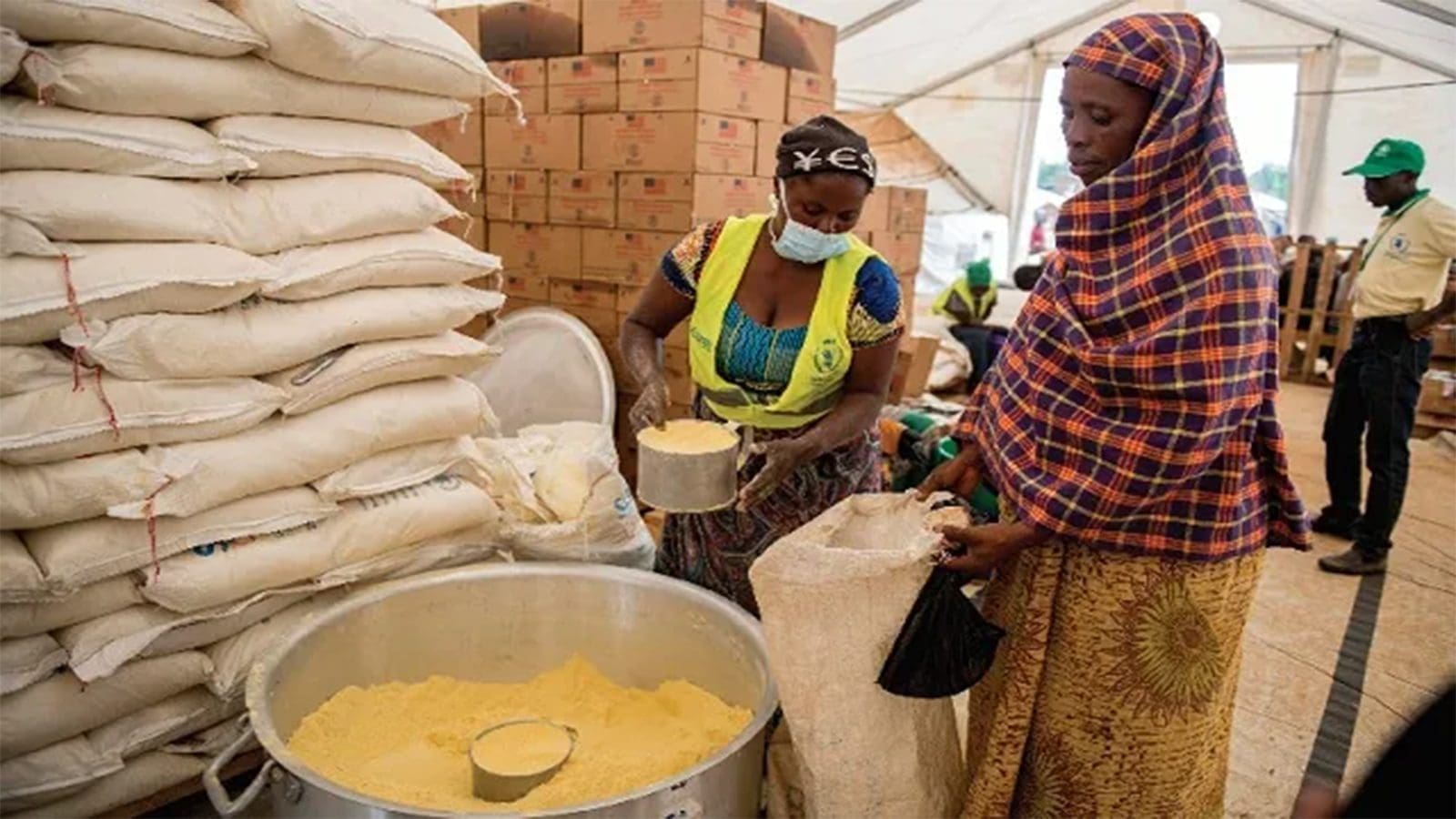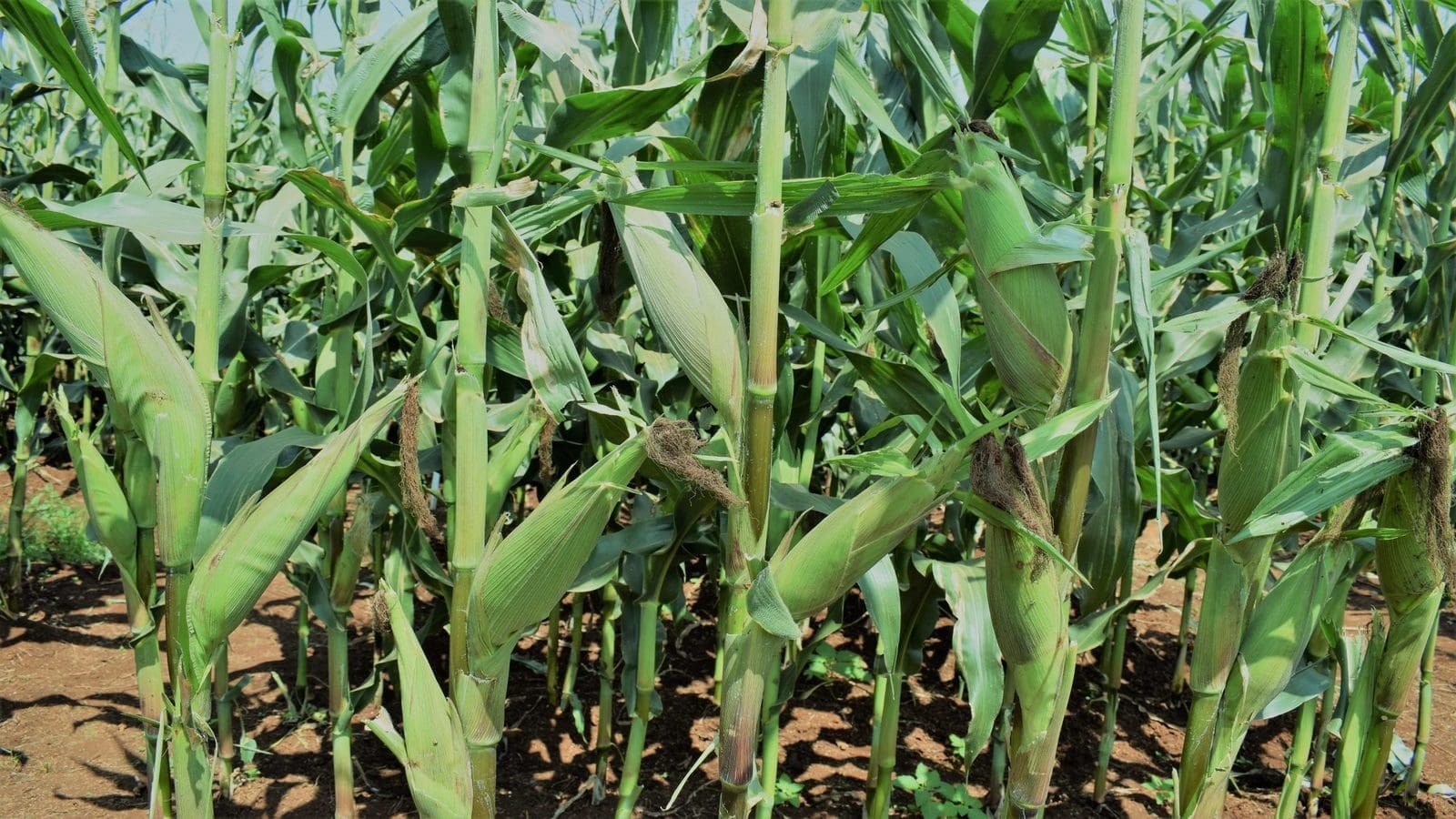NIGERIA – Food post-harvest specialists have urged farmers, small and medium-scale food handlers and processors in Nigeria to embrace good agricultural and post-harvest food practices, to avert preventable morbidity and deaths associated with related diseases and poisoning.
The specialists decried use of chemicals to ripen fruits, use of insecticides on smoked fish, washing of fruits with unclean water, application of unapproved chemicals on beans to prevent pests, and use of detergents in cassava bye-products such as fufu, describing such practices as capable of jeopardizing public health.
They also cautioned Nigerians against eating foods with excessive smoke deposits like smoked fish not properly processed.
Smoked foods are associated with an increased risk for certain cancers due to the presence of cancer-causing substances — carcinogens. For example, polycyclic aromatic hydrocarbons such as benzopyrenes from wood smoke are toxic.
An estimated 47.8 million, two million and 750,000 people in the United States, United Kingdom and France, respectively, become ill as a result of consumption of food containing pathogens or disease-causing substances.
This is according to a research finding published in the Journal of Public Health and Epidemiology, entitled, ‘Knowledge of food borne infection and food safety practices among local food handlers in Ijebu-Ode Local Government Area of Ogun State,’ stated that
No fewer than 5.4 million cases of food-borne illness was estimated to occur yearly in Australia, causing 18,000 hospitalized cases, 120 deaths.
It also reviewed that an estimated 70 per cent of diarrheal episodes in developing countries were associated with the ingestion of contaminated foods, as reported by The Guardian.
Director of Research and Head of Food Technology Department, Federal Institute of Industrial Research Oshodi (FIIRO), Dr. Oluwatoyin Oluwole, said given the extremely perishable nature of most food products at harvest, they are often subjected to many risk factors, which often predispose them to rapid deterioration, spoilage induced by chance contaminating pathogenic organisms.
“Consequently, there arise some urgent needs to prevent food-borne diseases and deaths in which food handlers and processors are the major actors. Food handlers, from the farm gate, need to be taught the importance of good hygienic practices, including high level of sustainable hygiene of contact surfaces, especially the storage containers used for moving the produce from one point to another,” he said.
Liked this article? Subscribe to Food Safety Africa News, our regular email newsletters with the latest news insights from Africa and the World’s food safety, quality and compliance. SUBSCRIBE HERE








